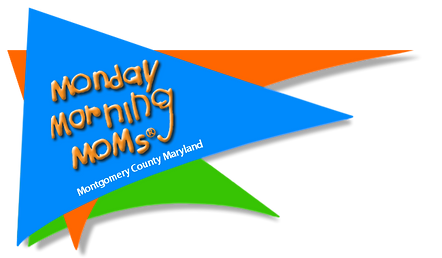Potty training readiness checklist
- Monday Morning Moms

- Apr 11, 2019
- 2 min read
It probably seems like just yesterday that you changed your toddler's first diaper, and now you're wondering if it's time to start potty training. There's no magic age at which children are ready to start learning how to use the potty, but some develop the necessary physical and cognitive skills between 18 and 24 months of age.

Many parents don't start potty training until their children are 2 1/2 to 3 years old, when daytime bladder control has become more reliable. And some children aren't interested in potty training until they're closer to 3, or even 4.
Use the checklist below to measure your toddler's progress toward readiness, and keep in mind that starting before your child is truly ready doesn't mean you'll finish sooner – it's more likely that the process will just end up taking longer.
Before 12 months of age, children can't control their bladder or bowel movements, and some toddlers who show many signs of readiness still are physically unable to control elimination. Even children who can stay dry during the day may take longer to stay dry at night. In fact, you might want to think of daytime and nighttime dryness as two separate potty-training milestones.
You don't have to wait until you've checked off every item to start training. Just look for a general trend toward independence and an understanding of what it means to go to the bathroom like a grown-up. For help getting started, read our successful strategies for potty training.
Potty training success depends more on your child's readiness than his age. Watch this video to see if he might be ready to give up diapers for good.
Physical signs
Is coordinated enough to walk, and even run, steadily.
Urinates a fair amount at one time.
Has regular, well-formed bowel movements at relatively predictable times.
Has "dry" periods of at least two hours or during naps, which shows that his bladder muscles are developed enough to hold urine.
Behavioral signs
Can sit down quietly in one position for two to five minutes.
Can pull his pants up and down.
Dislikes the feeling of wearing a wet or dirty diaper.Shows interest in others' bathroom habits (wants to watch you go to the bathroom or wear underwear).
Gives a physical or verbal sign when he's having a bowel movement such as grunting, squatting, or telling you.
Demonstrates a desire for independence.
Takes pride in his accomplishments.
Isn't resistant to learning to use the toilet.
Is in a generally cooperative stage, not a negative or contrary one.
Cognitive signs
Understands the physical signals that mean he has to go and can tell you before it happens or even hold it until he has time to get to the potty.
Can follow simple instructions, such as "go get the toy."
Understands the value of putting things where they belong.
Has words for urine and stool.
Article courtesy of BabyCenter.com https://bit.ly/2p4eDEW






Comments